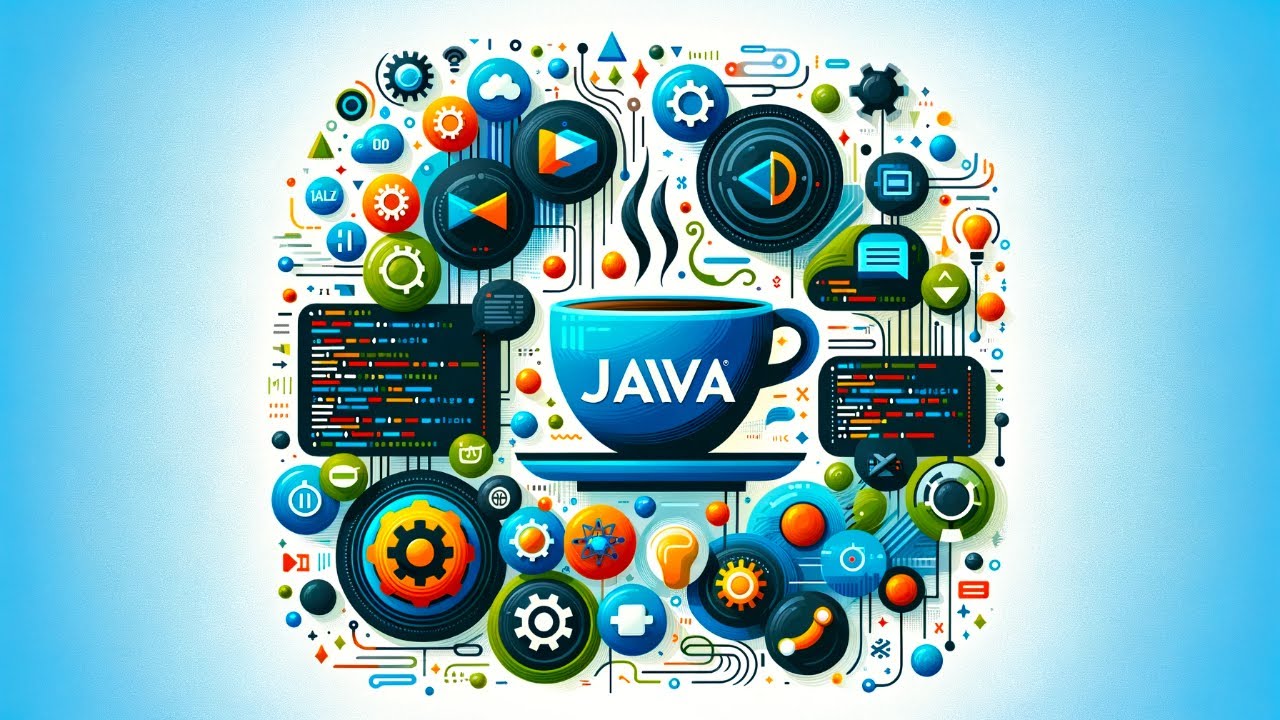Allaire’s JRun 3.0 Java-based application server features up-to-date server-side Java features, easy installation, and low cost; but how does it measure up against the competition?
Although the Java jury is still out on the usefulness of client-side implementations, server-side Java is firmly entrenched as a standard language for delivering network services that drive thin-client, Web-based applications to corporate America. Consequently, Java application servers have emerged as a cost-effective platform for hosting custom Java applications and linking them to back-end systems, allowing organizations to leverage legacy systems and provide end users with browser-based access to corporate data stores.
TEXTBOX: TEXTBOX_HEAD: The Bottom Line
JRun 3.0, Release Candidate 1
Business Case
This Java-based application server lets you offer enterprise-class applications via the Web to browser-equipped customers, partners, and employees. At ,995 per CPU for the Enterprise Edition, JRun 3.0 is a bargain compared to alternatives.
Technology Case
JRun 3.0’s ability to interoperate with a variety of Web servers across multiple platforms boosts its appeal. The Web-based administrative interface eases deployment; new clustering capabilities make it an attractive option for high-traffic sites.
Pros
- Runs on a wide variety of platforms and Web servers
- Easy installation
- Clustering support in Enterprise Edition
Cons
- Lacks integration with development tools other than JRun Studio 3.0
Cost
- Developer Edition — free
- Professional Edition — 95 per CPU
- Enterprise Edition — ,995 per CPU
Platforms
Windows NT/2000, Solaris, HP/UX, Red Hat Linux, IBM AIX, SGI IRIX, Compaq Tru64 Unix
Ship Date
June 2000 for Developer and Professional Editions; summer 2000 for Enterprise Edition
Allaire Corp., Cambridge, Mass.; (888) 939-2545
:END_TEXTBOX
Allaire recently unveiled JRun 3.0, an ambitious upgrade to its Java application server. Current JRun shops will find several new developments in this release, thanks in part to Allaire’s acquisition of Valto Systems and subsequent integration of its Ejipt Enterprise JavaBeans (EJB) server technology.
Although it has been carefully designed to work within Sun’s latest Java 2 Enterprise Edition (J2EE) specification, JRun 3.0 manages to offer bells and whistles that differentiate it from competitors. For example, JRun 3.0 includes a broad JavaServer Pages (JSP) custom-tag library with built-in tags that can be used to make common requests, such as connecting to a backend database, significantly easier. JRun 3.0 compares favorably to higher-priced offerings, including those from BEA Systems, iPlanet, and Inprise.
Previously, JRun hosted server-side Java applications by incorporating Java servlets into a Website and supporting dynamic Web pages using JSP. In this version, Allaire incorporates major upgrades, including the addition of server support for EJB 1.1, Java Messaging Services 1.0, and the Java Transaction API. It also supports JSP 1.1, Servlet 2.2, and full clustering capabilities.
These additions bring JRun up to speed with J2EE specifications, allowing your IT staffers to choose the most appropriate technology required to build and deploy Java-based enterprise applications. For instance, they could use JRun’s support for EJB to deploy an ERP (enterprise resource planning) application while establishing a JSP-based extranet for providing sales agents with current information.
JRun 3.0 ships in three different forms, each with a different price. The Developer Edition is free for noncommercial use and allows an unlimited number of Java virtual machines (JVMs), five concurrent connections for servlets and JSPs, and three concurrent connections for EJBs. Priced at 95 per CPU, the Professional Edition allows an unlimited number of JVMs and concurrent connections for JSPs and servlets while retaining the three connection limit for EJBs. At the high end, the ,995-per-seat Enterprise Edition, reviewed here, removes all connection restraints and includes component clustering and HTTP-based load balancing via ClusterCATS for JRun. This is true clustering technology that lets your staff group servers to provide improved performance and reliability and handle heavy traffic by increasing the number of servers.
Purchasing one of the three available editions of JRun 3.0 provides you with the application server and an integrated Web server. The JRun Server does not have a development environment; but, unsurprisingly, it integrates very well with JRun Studio 3.0, which is priced at 95. Unfortunately, such tight integration is not available to users of other development environments, such as Microsoft’s Visual J++.
I’ve come to anticipate problems when installing a new application server, especially a prerelease version, but I was pleasantly surprised with how smoothly the JRun 3.0 installation went on a Dell PowerEdge 2200 running Windows NT Server 4.0, Service Pack 4. In addition to NT, JRun runs on Windows 2000, Solaris, HP/UX, and Red Hat Linux.
I was pleased to see an improved administration console. Instead of the Swing-based utility used in JRun 2.3.x, Version 3.0 provides a browser-based utility for configuring the product, making it manageable from any computer. Using the new JRun Management Console, I was able to configure EJBs, deploy J2EE application .ear files, and create and configure Java Database Connectivity (JDBC) data sources. Because the JMC is JSP-based, you need Versions 4.0 or later of Netscape Communicator or Internet Explorer to use it.
JRun 3.0 sports a built-in HTTP server, but it also supports any Web server based on NSAPI (Netscape Server API), such as iPlanet’s. It supports Microsoft Internet Information Server and Apache’s server and proxy capabilities. To facilitate intercommunication, Version 3.0 provides a connector wizard to walk through integrating JRun into your server farm. A Connection Module handles the traffic flowing between the two servers.
All in all, JRun 3.0 represents a successful melding of technologies that Allaire has obtained through recent acquisitions and those it has developed over the years. Support for the latest JSP specification coupled with full EJB support should help Allaire further penetrate the application server market.
Version 3.0 is a comprehensive Java application server package that can help any organization build Java-based applications that are fully compliant with Sun’s latest enterprise Java specifications for less cost than the competition. If you think your company can benefit from Java-based server-side applications, then JRun 3.0 should be on your short list.



